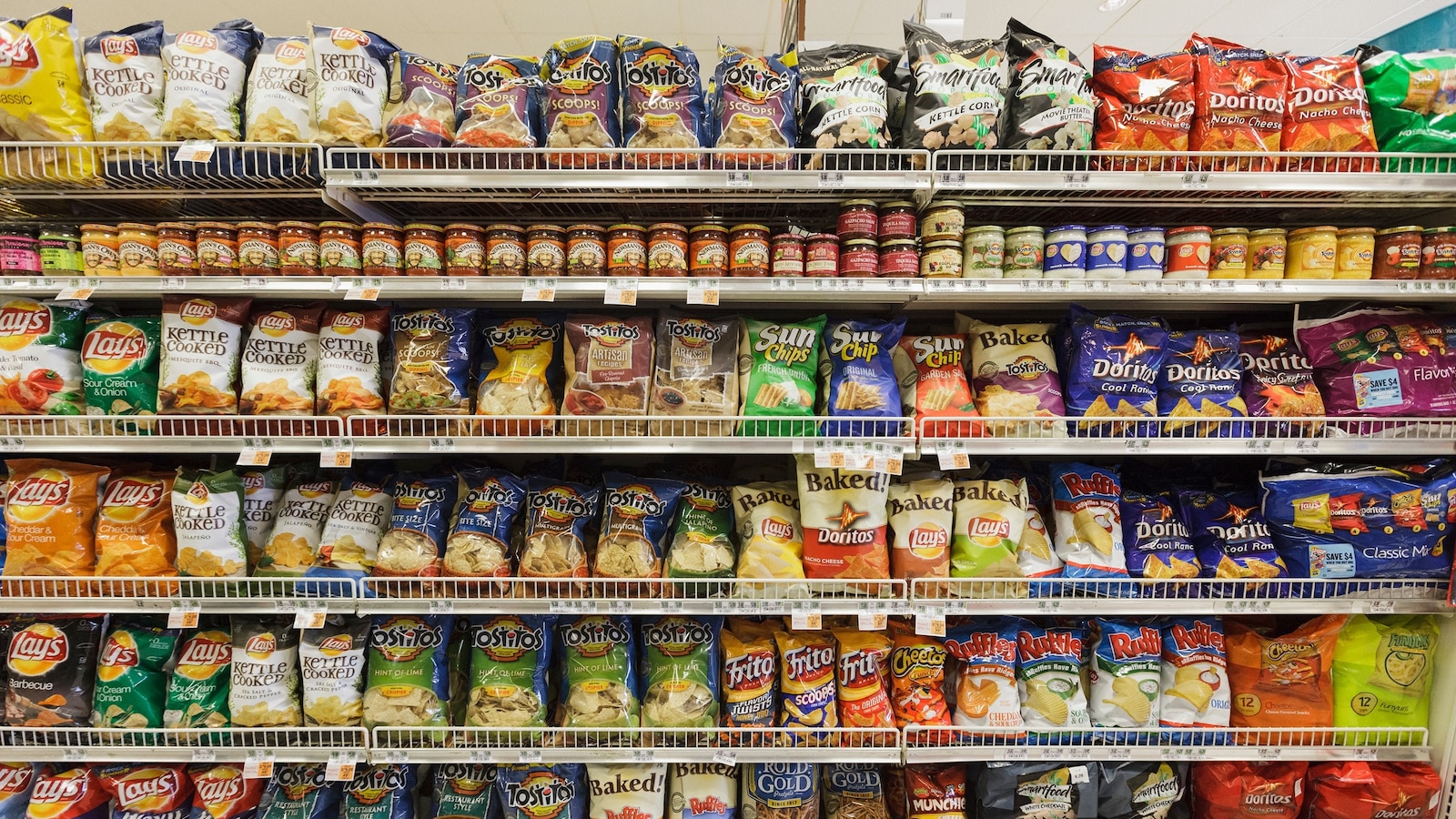The Hidden Danger in Your Diet: Understanding Ultra-Processed Foods and Their Impact on Your Health
2025-08-07

ABC News
- What are Ultra-Processed Foods? Ultra-processed foods (UPFs) are a growing concern in modern diets. They're not your typical processed foods like canned vegetables or frozen fruits. UPFs are industrial creations, heavily manipulated and packed with additives, stabilizers, and artificial flavors to extend shelf life and enhance palatability. Think packaged snacks, sugary drinks, instant noodles, processed meats, and many ready-to-eat meals.
- The Rise of UPFs: Over the past few decades, UPFs have become increasingly prevalent in our food supply, driven by convenience, affordability, and aggressive marketing. This shift has coincided with a rise in obesity, diabetes, heart disease, and other health problems.
- Why are UPFs Bad for You? Public health experts are sounding the alarm about the potential health consequences of high UPF consumption. Here's a breakdown of the concerns:
- Nutrient Deficiency: UPFs are often low in essential nutrients like vitamins, minerals, and fiber, while being high in calories, unhealthy fats, added sugars, and sodium.
- Gut Microbiome Disruption: These foods can negatively impact the balance of bacteria in your gut, potentially leading to inflammation and digestive issues.
- Increased Risk of Chronic Diseases: Studies have linked high UPF intake to an increased risk of obesity, type 2 diabetes, heart disease, certain cancers, and even mental health problems.
- Addictive Qualities: The combination of sugar, fat, and salt in UPFs can trigger reward centers in the brain, leading to cravings and overeating.
- Hidden Ingredients & Additives: Many UPFs contain artificial colors, flavors, emulsifiers, and preservatives, the long-term effects of which are still being studied.
- How to Reduce Your UPF Intake: Making small, sustainable changes to your diet can have a big impact.
- Focus on Whole Foods: Prioritize fruits, vegetables, lean proteins, whole grains, and healthy fats.
- Cook at Home: Preparing your own meals allows you to control the ingredients and avoid hidden additives.
- Read Labels Carefully: Pay attention to ingredient lists and look for foods with minimal processing and recognizable ingredients.
- Be Mindful of Marketing: Don’t be swayed by clever packaging or marketing claims.
- Gradual Changes: Start by swapping out one UPF item per week with a healthier alternative.
- The Future of Food: As awareness of the dangers of UPFs grows, there’s a growing movement towards healthier, more sustainable food systems. Consumers are demanding transparency and accountability from food manufacturers.






